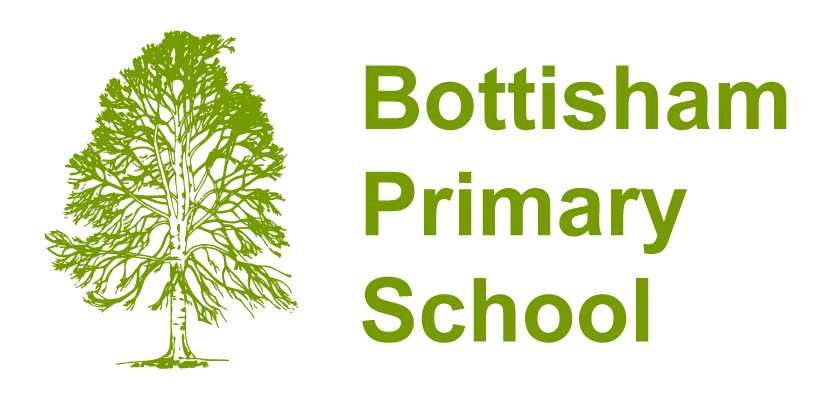Attitudes to Learning
Attitudes to Learning
- Push yourself
- Imagine
- Improve
- Work hard
- Concentrate
- Try new things
- Understand others
Meta-cognition and self-regulation
Meta-cognition and self-regulation approaches (sometimes known as ‘learning to learn’ approaches) aim to help learners think about their own learning more explicitly. This is usually by teaching children specific strategies to set goals, and monitor and evaluate their own academic development. Self-regulation means managing one’s own motivation towards learning. The intention is often to give pupils a repertoire of strategies to choose from during learning activities.
Many people assume that children naturally know how to learn, but educational research has found that teaching children to use meta-cognition is one of the most effective ways to increase learning.
The children are going to be exploring these attitudes further through assemblies and during lessons to help them understand more about their own learning. Certificates will be awarded in Celebration Assembly each week for children nominated by their teachers who have exemplified one of the ‘attitudes to learning’ in their work.
How can you help at home?
To help children discover how they can take charge of their learning you can model meta-cognitive strategies by:
- Thinking out loud. Model catching and correcting your own mistakes (explaining how making a mistake is ok and that is how we learn)
- Using context to establish the meaning of unfamiliar words.
- Predicting what might happen in a story based on clues in the title and illustrations.
- Connecting new learning to what children already know.
- Embracing curiosity. Answer questions with an invitation: “Let’s find out.” Consult books, encyclopedias and Web sites. Go to the library. Experiment.
- Encouraging and supporting your child in summarizing both what and how they have learnt something. What did they find difficult? How did they overcome this difficulty?
- Asking your child what could they improve? Explain to your child that this does not mean they have not done well enough but that everyone can always improve even famous writers edit their work etc.
- Using meaningful praise. Instead of saying ‘well done’ or ‘that is good work’ praise the skill they have used. For example, ‘I like how you were able to manage your distractions.’ ‘You persevered and were able to find clues to work out the problem.’

